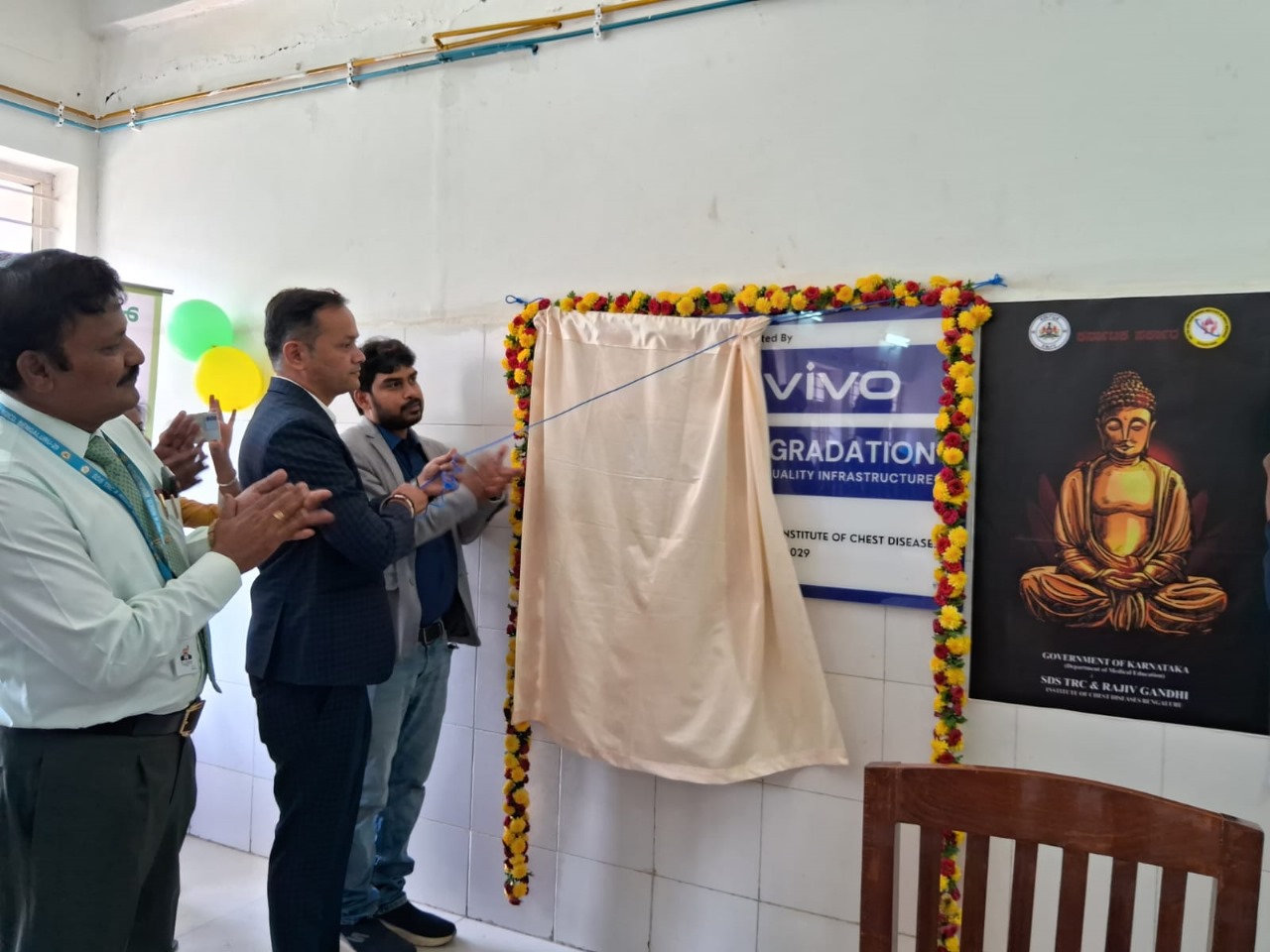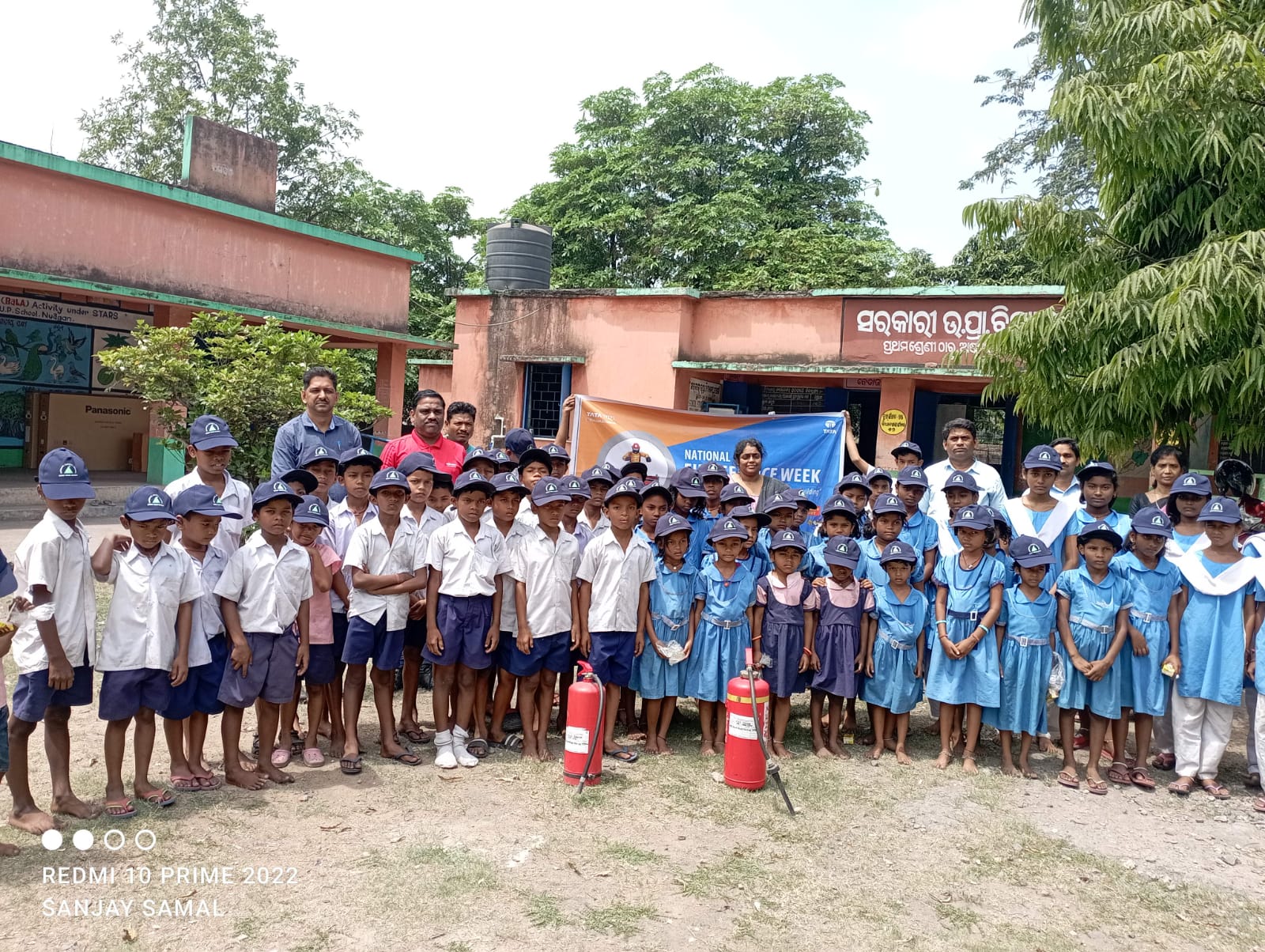Subscribe our Weekly Newsletter
RFP-Baseline Study of Project ‘Enabling Households to Transition from Traditional Cooking Stoves & Fuels to Clean Alternatives’

Organization: CARE India
Apply By: 05 Jun 2020
Terms of Reference for Baseline Study of Project ‘Enabling Households to Transition from Traditional Cooking Stoves and Fuels to Clean Alternatives’ (ETT) in Umarpada block of Surat District and Subir block of Dang District, Gujarat
About the Organization:
CARE is a not-for-profit organisation working in India for over 68 years, focusing on alleviating poverty and social injustice. They do this through well-planned and comprehensive projects in health, education, livelihoods and disaster preparedness and response. Their overall goal is the empowerment of women and girls from poor and marginalised communities leading to improvement in their lives and livelihoods. CARE India aims to accomplish this goal by working with 50 million people to help them have quality health, education, livelihoods and overcome the effects of disasters.
Background
In rural India, cooking accounts for over 80% of the total household energy consumption with biomass as predominant cooking fuel, which along with firewood chips contribute to around 75% of cooking energy needs. Indoor air pollution occurring from the combustion of such biomass fuel in traditional cook stoves causes a significant public health hazard predominantly affecting poor rural population of the country.
CARE India is going to implement a project on clean alternative cooking solution in Umarpada, Surat district and Subir, Dang district of Gujarat. In both the locations, almost 80 percent of Households (HHs) are using traditional chulha with firewood as fuel for cooking. 10 percent population is completely using LPG and another 10 percent of population depends on LPG during specific situation like during monsoon or very hot summers. Thus, the poor and marginalized community from both Umarpada and Dang are predominantly traditional cookstove dependent for their cooking need and face various issues and challenges, which require
interventions to be designed around the use of alternate clean energy options in a sustainable manner.
Project Goal
With this background, CARE India Solutions for Sustainable Development (CISSD) is implementing a project with a goal to promote transition of sustainable adoption of 6000 Traditional cook stove dependent households (TCDHs) to clean energy options, through a combination of capacity building, collectivization, market development, and multi-stakeholder engagement actions.
Project Objectives
The objectives of the project are as follows:
- To increase awareness and adoption of ICS or any other clean energy options by women from TCDHs
- To empower women from TCDHs to take an informed decision to transition to ICS and any other alternate clean cooking option
- To improve sensitivity and responsiveness of men and key ICS supply chain stakeholders and financial products service providers to cater the needs of women for appropriate cooking solutions
- To enhance a strong and inclusive ICS value chain (VC)
- To promote a market led and women-centric ICS transition to clean energy advocated for large scale dissemination and replication.
Purpose of the Baseline
As part of the project design, the project plans to undertake a comprehensive baseline study for establishing current status of the key indicators where key components of the project are concerned, to enable measurement of the project’s impact and outcomes, as committed in the project’s logical framework.
Evaluation Questions
The baseline and the final Evaluation will attempt to answer the following questions:
- Whether women-centered model of ICS or any other clean cooking option for sustained adoption approach is effective in transitioning to clean energy? Is it a scalable model? How successful was the project in addressing the barriers affecting a) women-centered adoption b) willingness to adopt, c) control over decision-making on purchase?
- Intervention Effectiveness: Is there enough evidence to suggest that SHE-school facilitated transitioning to ICS or any clean energy cooking options.
- Sustainability: What are the evidences coming from baseline to provide insights that can contribute to improve program implementation and sustainability?
Impact level Indicators
- % of TCDHs reduced traditional fuel use during the last week (preceding the survey)
- % of women saved cooking time @average hour/day on the previous day of survey
- % of TCDH with reduced monthly expenditure on any fuel used for cooking
- % of TCDH with reduced monthly expenditure on traditional cooking fuel
- % reduction in number of times TCDH women collecting firewood
- % reduction in number of hours used for fuel collection by TCDH women
Outcome level indicators
- OBJECTIVE 1: To increase awareness and adoption of ICS or any other clean energy options by women from TCDHs
- OBJECTIVE 2: To empower women from TCDHs to take an informed decision to transition to ICS and any other alternate clean cooking option
- OBJECTIVE 3: To improve sensitivity and responsiveness of men and key ICS supply chain stakeholders and financial products service providers to cater the needs of women for appropriate cooking solutions
- OBJECTIVE 4: To enhance a strong and inclusive ICS value chain (VC)
- OBJECTIVE 5: To promote a market led and women-centric ICS transition to clean energy advocated for large scale dissemination and replication
Study Design and Methodology
The study will adopt quasi-experimental research design with a mixed-methodology approach for data collection. The quantitative study will be anchored by a household survey, covering a total sample size of 286 households in villages of Umarpada block of Surat district and Subir block of Dang district (143 in each block). This sample size is estimated at 95% confidence level and 5% margin of error. The study will also include a comparison area, which will be non-project villages of Umarpada block.
A quick house-listing of all households in all intervention villages (in Umarpada and Subir) and comparison villages need to be conducted to get the universe for sampling in intervention locations. The selection of sample for the baseline survey should be made based on households which are using traditional cooking options. From the listed households, sample for the survey will be drawn using Population Proportionate to Size (PPS) sampling method to ensure equal representation of sample across the villages.
The qualitative component of the study will entail Focused Group Discussions (FGDs) and Key Informant Interviews (KIIs) with the women and men from TCDH, SHG members and other key stakeholders such as cook stove suppliers, dealers, retailers, financial service providers, forest department representative and any NGO working in the area about cook stove.
Scope of Work for the Agency
- Finalizing study design for baseline in Umarpada and Subir blocks in close association with CARE India, considering project commitments and expected project outcomes and impact
- House-listing of all intervention and comparison villages
- Develop, pre-test, translate and finalize the study tools for the baseline study in line with CARE India’s requirements and quality expectations
- Identify, recruit and train enumerators - for data collection, shared understanding of the study objectives, understanding of the research instruments, sampling protocols and the quality control mechanism.
- Design and put in place quality control protocols for ensuring quality data collection, analysis, and evaluation report preparation and share with CARE
- Ensure quality data collection with a clear supervision plan and adequate human resources, data entry and data cleaning protocols.
- Present both qualitative and quantitative data and information in appropriate and computerized formats to facilitate ease of transfer to and use by CARE India
- Develop data analysis framework and share with CARE India
- Agree with CARE India on structure of baseline final report. The analysis should be bifurcated for two locations (Umarpada and Subir) along with the comparison analysis.
- Submission of draft report and presentation of baseline study findings to CARE India before finalizing the report
- Prepare and submit baseline study report in a format agreed upon with CARE India and incorporating CARE India’s inputs and comments.
Support to be Provided by CARE
The following support will be provided by CARE to the selected agency:
- List of Intervention villages
- Project’s logical framework/any other project related information
- Inputs for finalization of study design (including sampling), methodology and tools
- Support in training of enumerators
- On-field support and supervision during data collection
- Inputs and comments for finalization of the baseline study reports
Deliverables
The agency selected for undertaking baseline study will be responsible for providing the following deliverables to CARE India:
- Detailed study design, detailed plans for execution of the study and quality assurance protocols
- Final study tools (both quantitative and qualitative) in Gujarati and English language (along with the font files)
- List of enumerators, for both the locations, with their key background details and experiences prior to the training
- Field movement plan and quality assurance protocol for house-listing and main survey in both the locations that will be followed in the field
- Regular (weekly) update on completion rate of data collection
- House-listing data
- Final cleaned quantitative data set for both the blocks in MS Excel and SPSS along with the syntax
- Translation and transcripts of qualitative data
- Detailed plan for tabulation and analysis (of qualitative and quantitative data)
- Draft report with bifurcated analysis of quantitative and qualitative data 1) by blocks and 2) by intervention-comparison areas
- Revised Final baseline study report based on feedback received by CARE India
- A set of presentation slides on the findings and compare with district and state statistic.
Contact email Ids- santosh@careindia.org; procurementtn@careindia.org
Last date: before 5th June,2020.
For more information please check the Link
MICA CDMC Masterclass (Virtual): Development Communication Design for Social Impact and CSR Partnerships. Register Now
Latest Online Store
Latest Grants
Latest News
© Renalysis Consultants Pvt Ltd


























